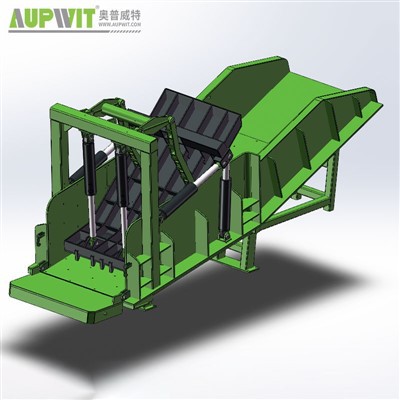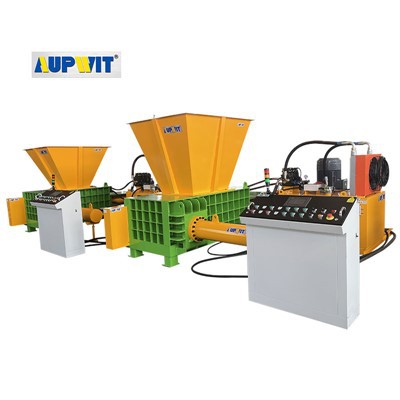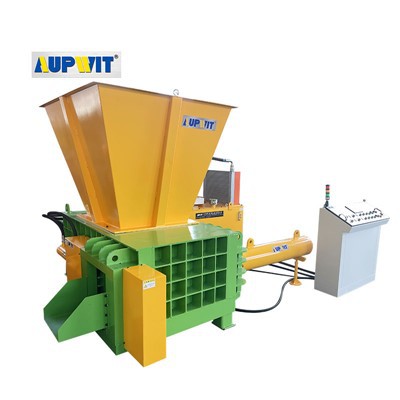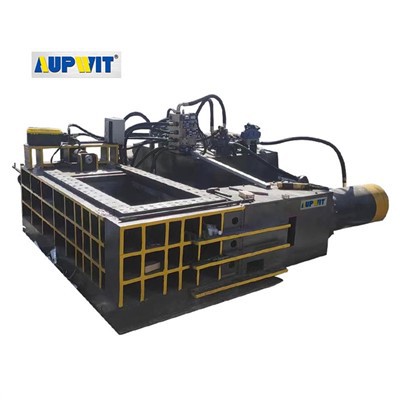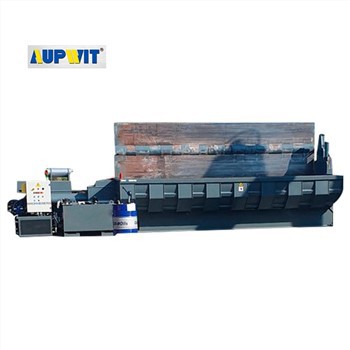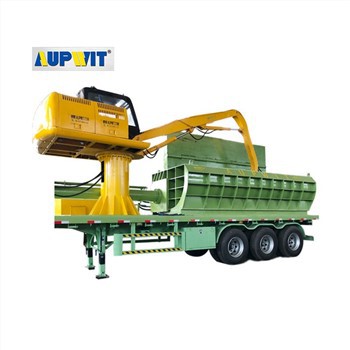Sheet Metal Cutting Machine Selection Guide
Define Thickness Range and Material Properties
- Identify maximum and minimum sheet metal thicknesses you need to cut
-
Shearing machines are rated for specific thickness ranges:
- Light-duty: 0.5–3mm sheets
- Heavy-duty: 3–25mm or thicker
- Consider material type: stainless steel or high-strength alloys require more power than mild steel
- Check the machine's "material thickness × width" rating to ensure it exceeds your requirements
Match Machine Power and Blade Specifications
- For thicker sheets, choose machines with higher hydraulic or mechanical force
-
Blade quality is critical:
- High-carbon steel for mild steel
- Tungsten carbide-tipped for abrasive materials
- Ensure blade gap is adjustable (typically 5–10% of sheet thickness)
- Proper gap prevents distortion and ensures clean cuts
Consider Precision Requirements and Automation Features
- Thicker sheets demand greater precision to avoid burrs or deformation
- Look for machines with precise depth gauges and backgauges
- For variable thicknesses, CNC-controlled machines offer programmable settings
- Automatic blade gap adjustment simplifies switching between thicknesses
Evaluate Operational Needs and Budget
- Assess your production volume and workspace
- Heavy-duty machines require more floor space but offer stability
-
Balance performance with cost:
- Robust hydraulic machines for frequent thick sheet cutting
- Manual/semi-automatic models for occasional thin sheet jobs
- Prioritize durability for machines handling thick materials


